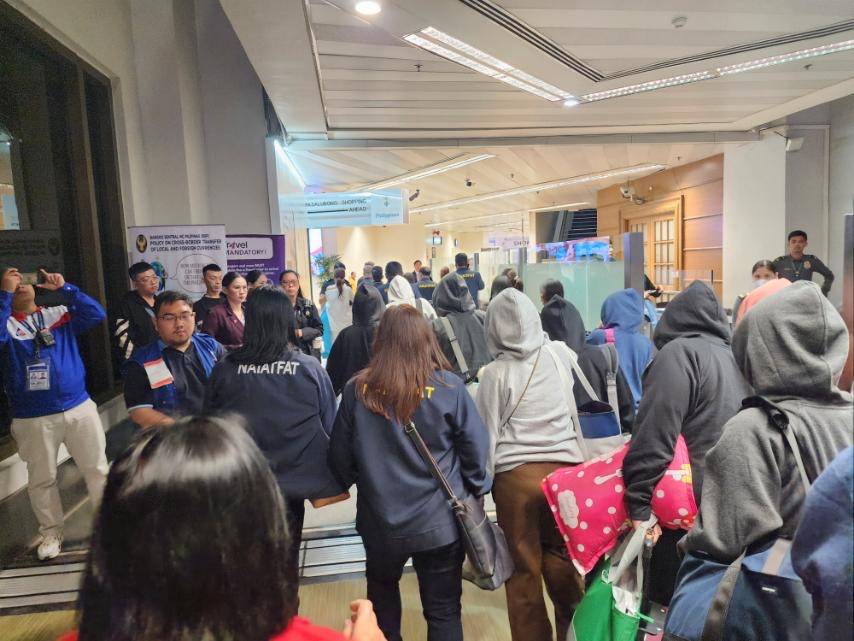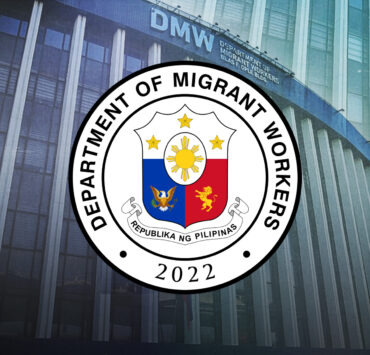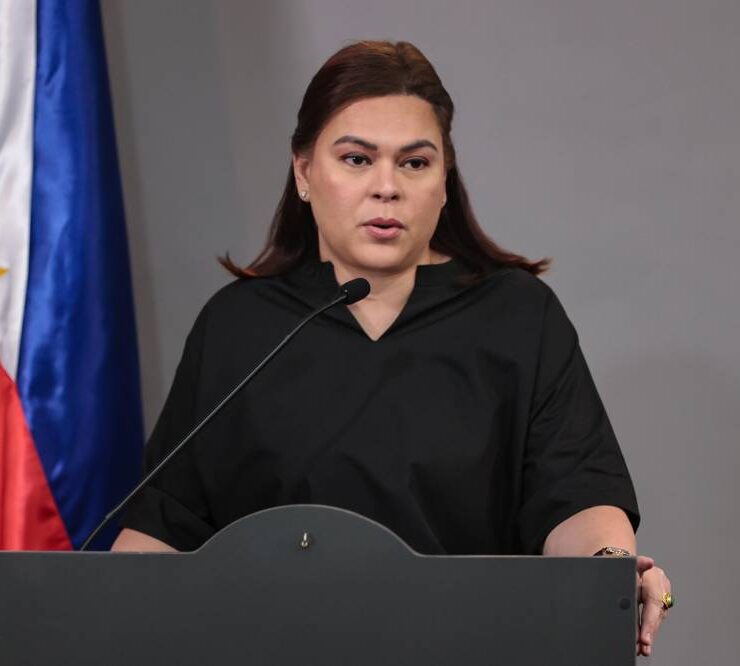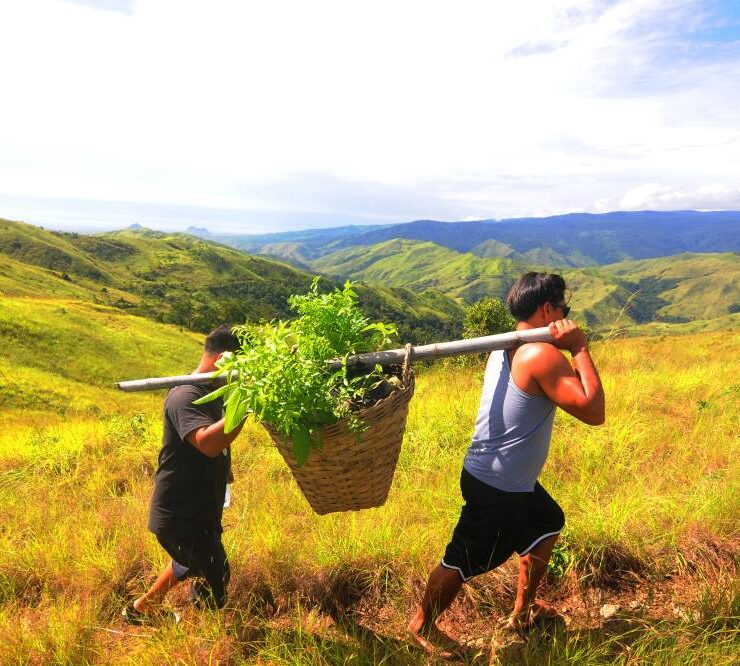13 surrogates pardoned by Cambodia, back in PH

Filipino surrogate mothers convicted of human trafficking in Cambodia returned to Manila on Sunday, three days after they were pardoned by King Sihamoni.
The Department of Justice (DOJ) said the 13 women, who brought along three babies, were turned over to the Department of Social Welfare and Development (DSWD).
Social Welfare Secretary Rex Gatchalian said they would be provided “all forms of assistance.”
The 13 were among the 20 Filipino women who were arrested in Kandal province in September for their involvement in surrogacy, which is illegal in Phnom Penh. They were found to be pregnant upon their arrest. The other seven, who were not pregnant, were not charged in court and instead sent back to the Philippines in October.
Talks with Phnom Penh
On Dec. 2, a local court found the 13 women guilty of violating Cambodia’s laws on human trafficking and sexual exploitation. They were initially meted a prison sentence of 15 to 20 years.
But the Inter-Agency Council Against Trafficking (Iacat) led by the DOJ initiated a dialogue with Cambodia that led to the reduction of the women’s sentence to four years, with two years suspended.
The Department of Foreign Affairs (DFA) continued to intervene on the women’s behalf, which led to a royal pardon by King Sihamoni on Dec. 26.
Gray area
“The Philippine Government thanks the Royal Government of Cambodia, headed by Samdech Moha Borvor Thipadei Prime Minister Hun Manet, for the humanitarian treatment extended to the Filipino mothers throughout the investigative and judicial processes,” the DFA said in a statement on Sunday, adding that return home attested to the “long-standing friendly relations” between the Philippines and Cambodia.
While the Philippine government has classified the 13 women as trafficking victims, there is no local law regulating or prohibiting surrogacy, creating a legal gray area that may lead to potential exploitation.
Earlier this month, Iacat said the government was building cases to charge the recruiters responsible for trafficking the women.
The Philippine Embassy in Cambodia said that, based on interviews, the victims were recruited online by an individual whose identity and nationality have yet to be determined.
The 13 women also claimed they were unaware of the identities of their actual clients, as all transactions were handled through a third-party agency representative known only as “Ima.”
Justice Undersecretary Nicholas Felix Ty, who heads Iacat, said in a previous interview that the women had voluntarily agreed to become surrogates. They were promised monthly aid during pregnancy and P500,000 each upon giving birth.
Infants’ citizenship
Ty said that during the discussions with Cambodia about the babies, the Philippines also made known its position that the children would be considered Filipinos.
“Under our law, it’s simple: the woman who gives birth to the child is the child’s mother, and her nationality will be followed,” he said.
In 2016, Cambodia issued a ban on commercial surrogacy after neighboring Thailand pulled the plug on the trade the previous year, putting an abrupt end to a thriving industry for hopeful parents, many from Australia and the United States.
But demand for commercial surrogacy remains high after China eased its one-child policy and agencies in Cambodia continue to offer the service.
Sources in Phnom Penh said that couples, mostly from China, were willing to pay from $40,000 (P2.3 million) to $100,000 (P5.8 million) to surrogacy agents to find a Cambodian woman to carry their child. —WITH REPORTS FROM DIANNE SAMPANG, INQUIRER RESEARCH AND AFP





















